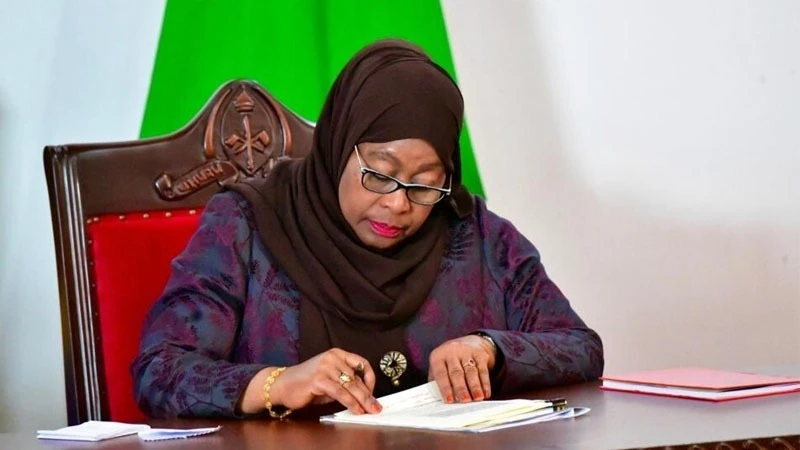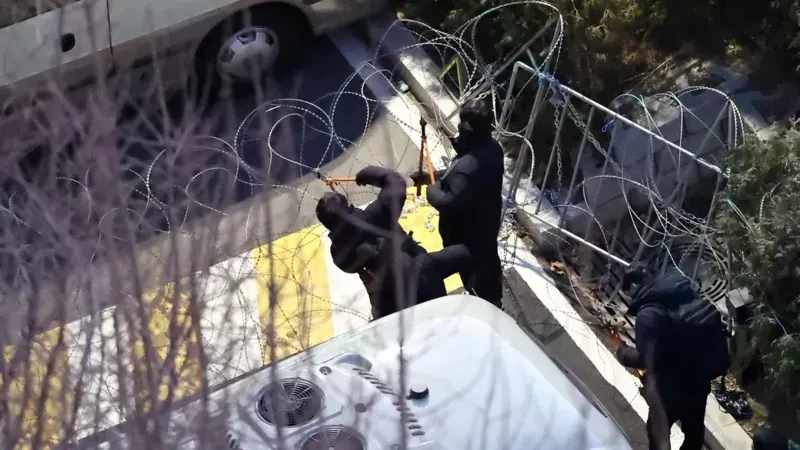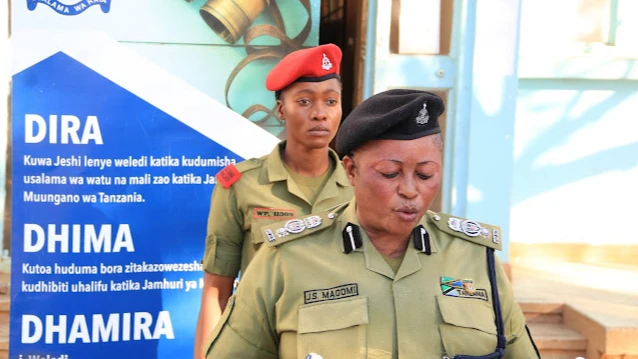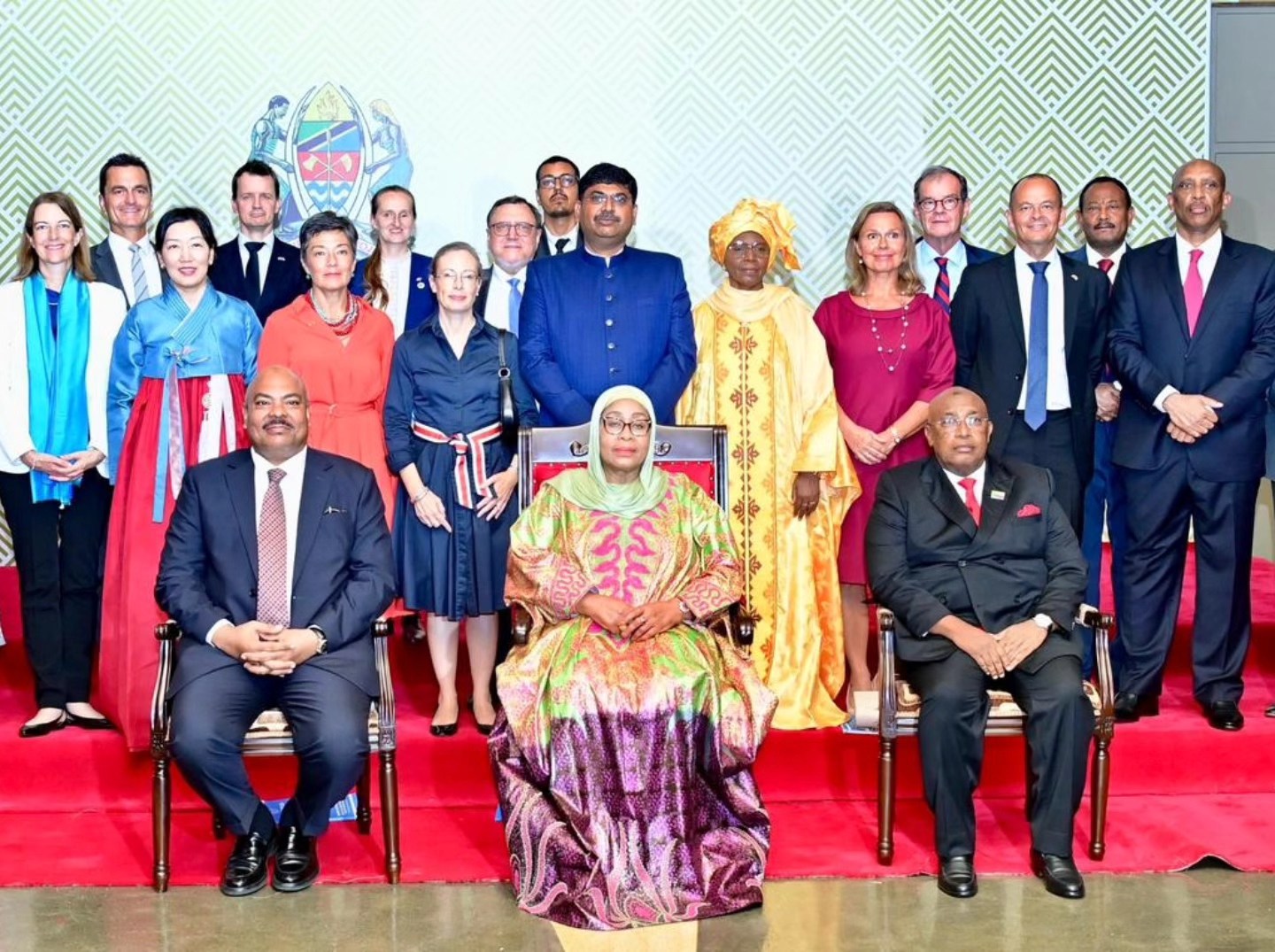RCs, DCs tasked to bring disabled children to school by early next year
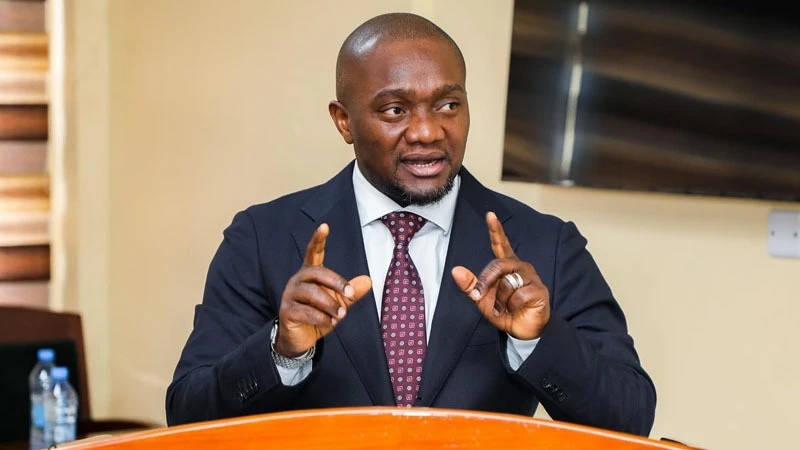
THE government has instructed regional and district commissioners, along with local government levels, to supervise an exercise to enumerate children with special needs.
Mohamed Mchengerwa, the Regional Administration and Local Governments state minister in the President’s Office (PO-RALG) issued these instructions at the opening ceremony for the 30th anniversary of inclusive education initiatives hosted by the Patandi Inclusive Education School in Arumeru district.
Leaders at different levels need to devise strategies for protecting individuals with albinism from targeted violence, he said, appealing to residents and local officials to utilize the inclusive education centers and specialists available within local councils.
This can help guide the enrollment of the often marginalised children in appropriate schools or institutions for suitable interventions.
“The process of identifying children with special needs should be completed before the registration period,” he said, implicitly relating to starting a new school year, pointing at guidelines provided by PO-RALG in 2022, with auxiliary instructions from the Education, Science and Technology ministry last year.
"Regional and district commissioners, as well as local leaders, must ensure that children with disabilities are taken from their homes and sent to school. Those hiding these children must be identified, and anyone who abuses children with albinism must face immediate consequences," he said.
Parents and guardians need to ensure that children with special needs are enrolled in schools recommended by experts, while adhering to the 2022 guidelines for establishing and managing centers for the identification and assessment of special learning needs at the council level.
He insisted that regional administrators move to strengthen educational screening and assessment centers (ESRAC) for students with special needs in each region and local councils to provide appropriate services.
At independence, there were only a few students with special needs in schools, but by 2020, that number had grown to 28,482 within a normal trajectory, but owing to supportive policies and strategies the number had risen to 78,429 students mid this year, he stated.
The government has designated 6,088 schools to provide interventions for special needs students, including 309 schools with boarding facilities, he said, noting that for 2022/23 and 2023/24, the government allocated over 8.3bn/- for specialized equipment and assistive devices for students with special needs.
To accommodate the growing number of these students, the government has also built two model special schools, including Patandi Special School, he said, pointing out that from 2021 to 2024 the government built 172 dormitories, along with 44 classrooms and 132 toilet facilities.
The work was carried out through the 2023 booster programme for primary school pupils with special needs, stressing the need to motivate teachers who educate these pupils and to promptly address challenges faced to ensure effective teaching.
Dr Magreth Matonya, the ministerial director for special education said that the goal of marking the day is to promote the development of ethics, skills, creativity, and technology to empower the children for future income generating activities.
Local officials need to make them aware of public opportunities, including scholarships and achievement-based consideration for the children, as well as assessing progress to formulate strategies for advancing special education generally, she added.
Top Headlines
© 2025 IPPMEDIA.COM. ALL RIGHTS RESERVED








